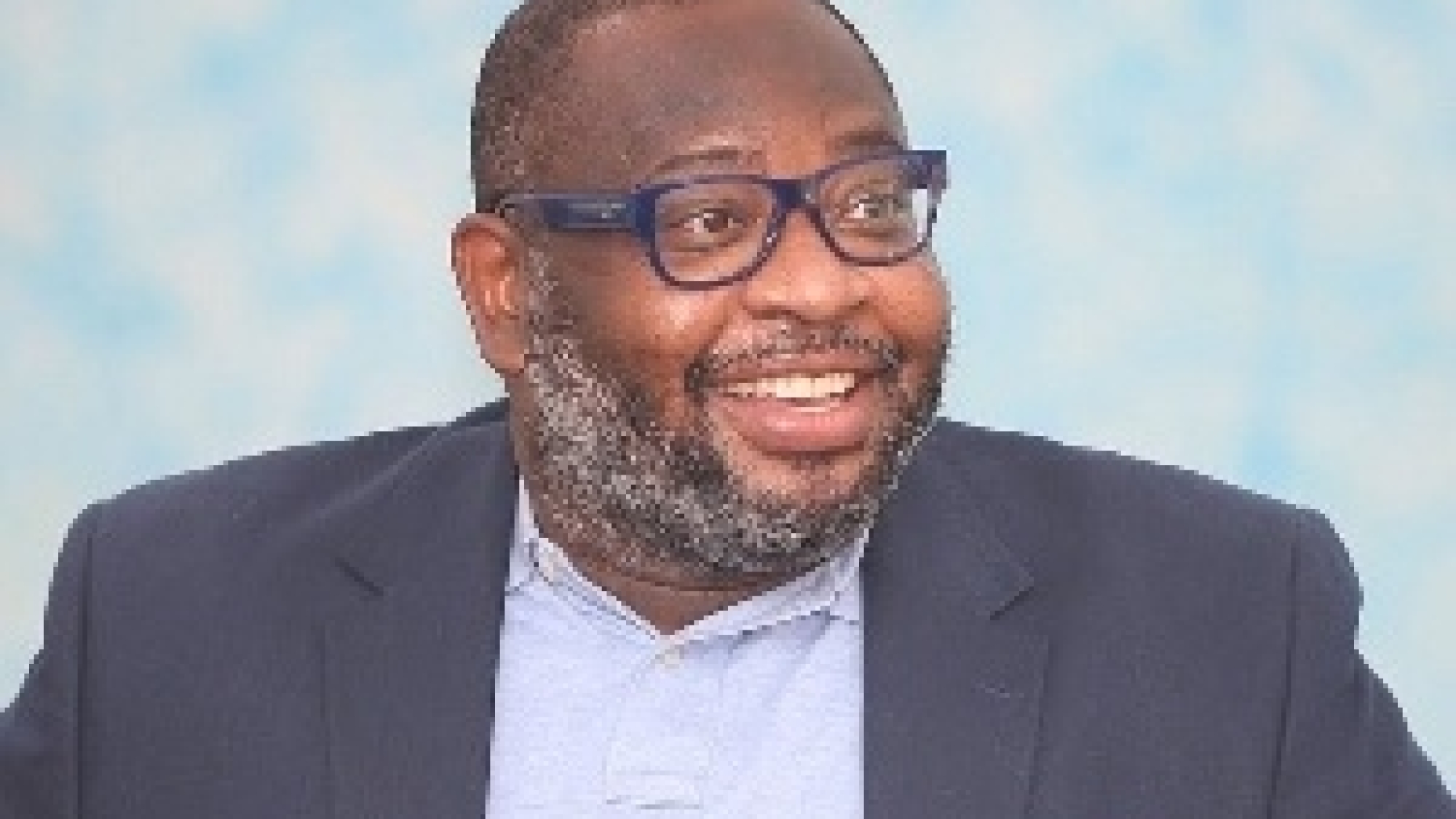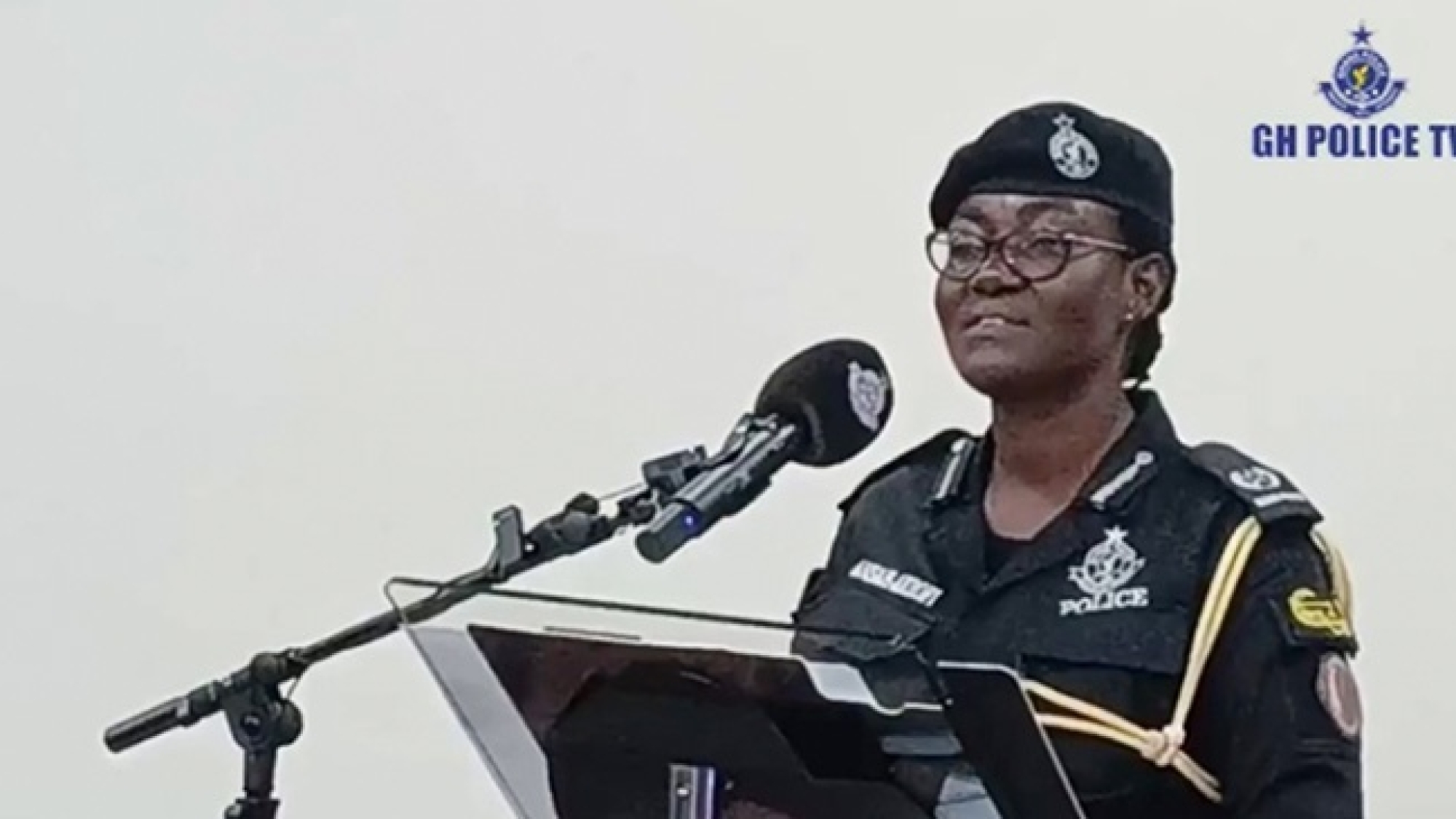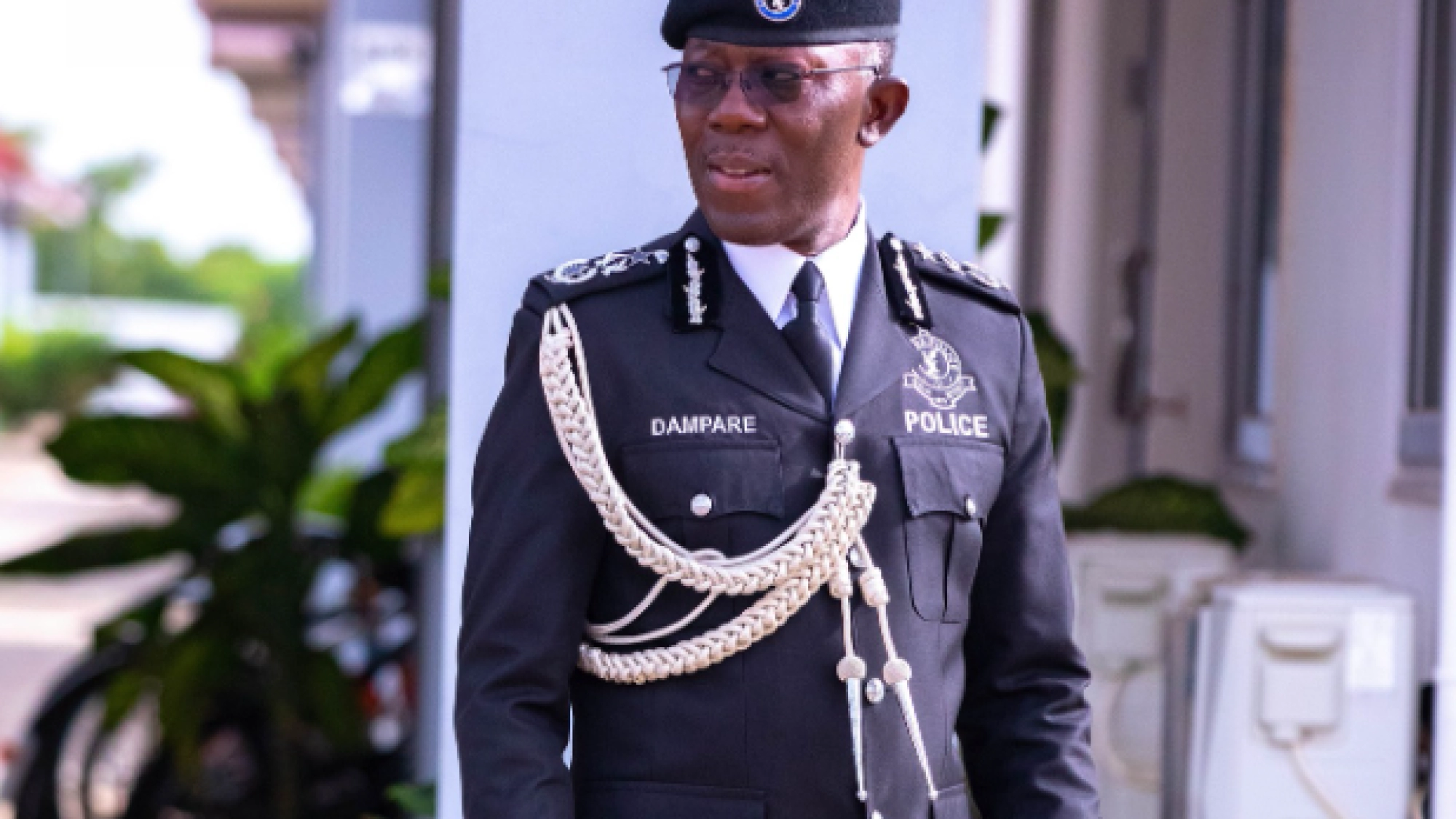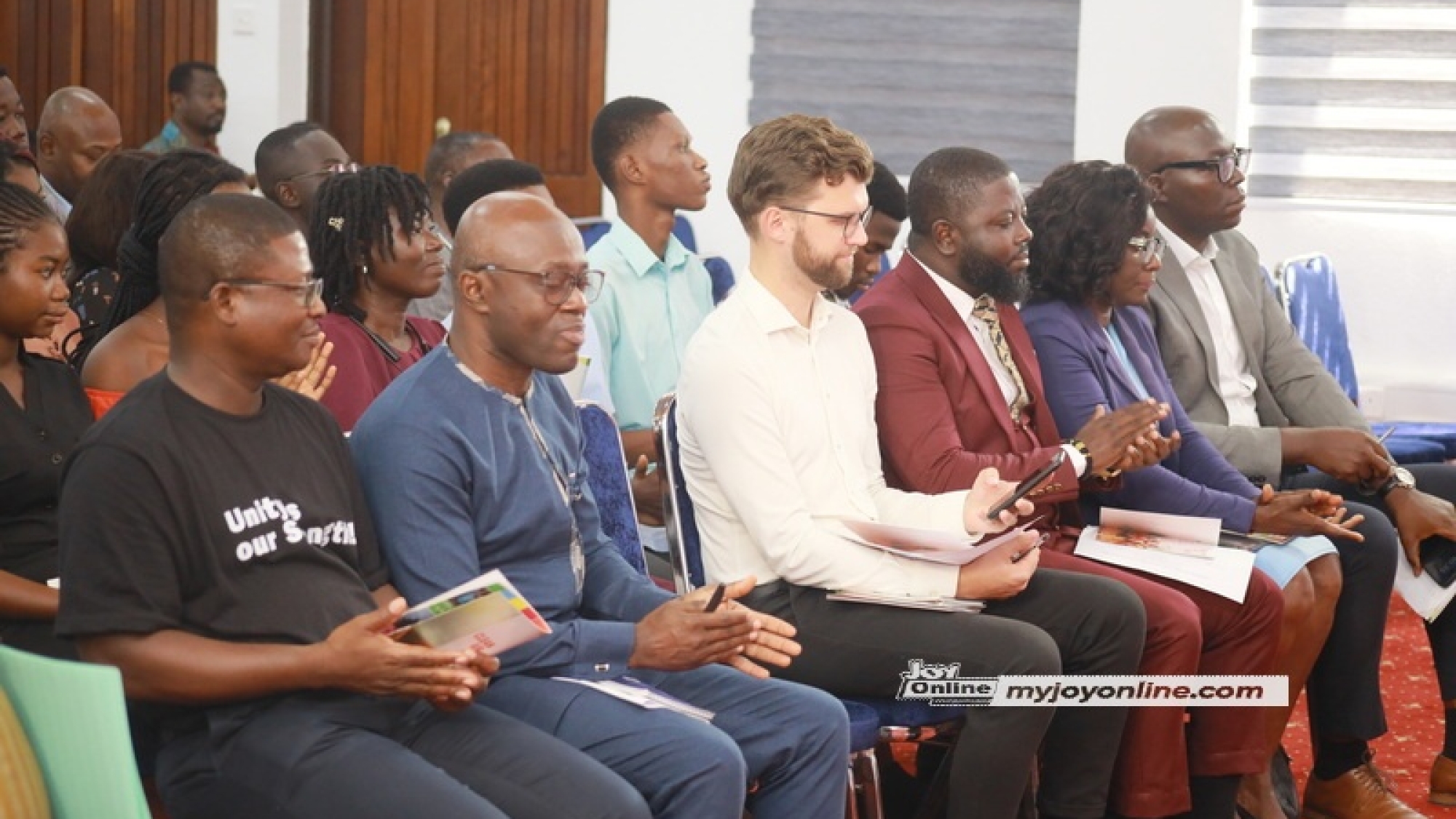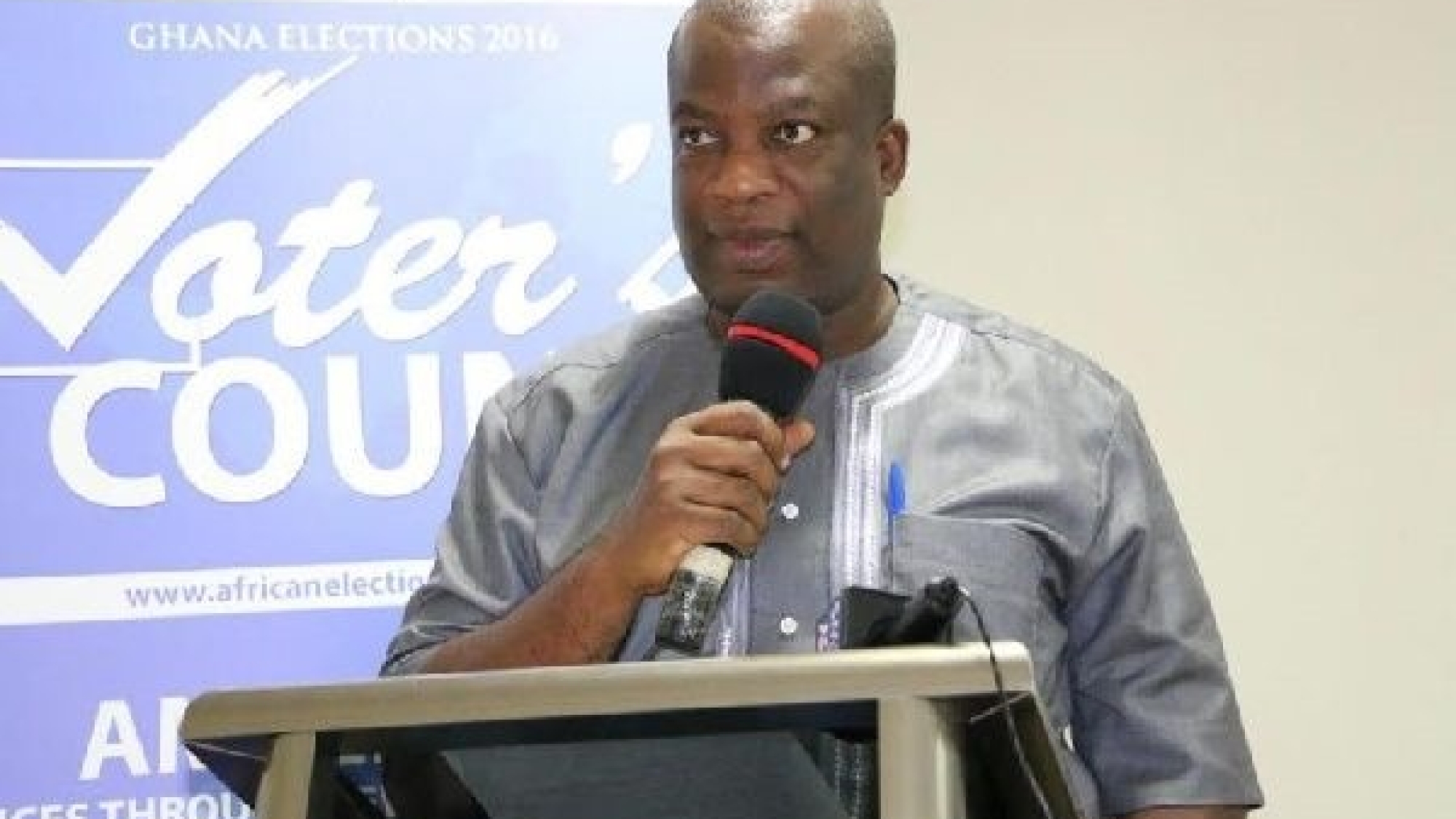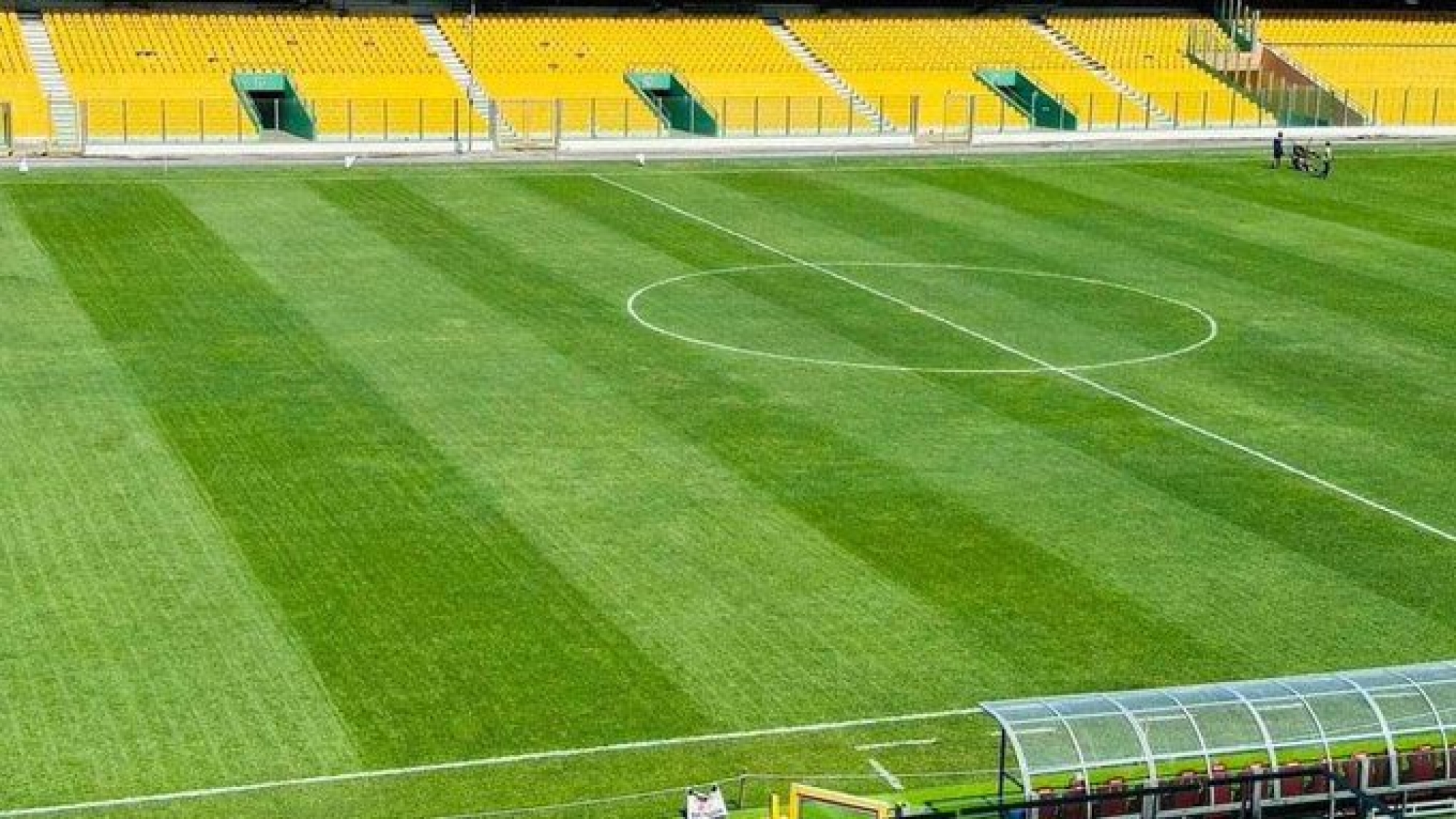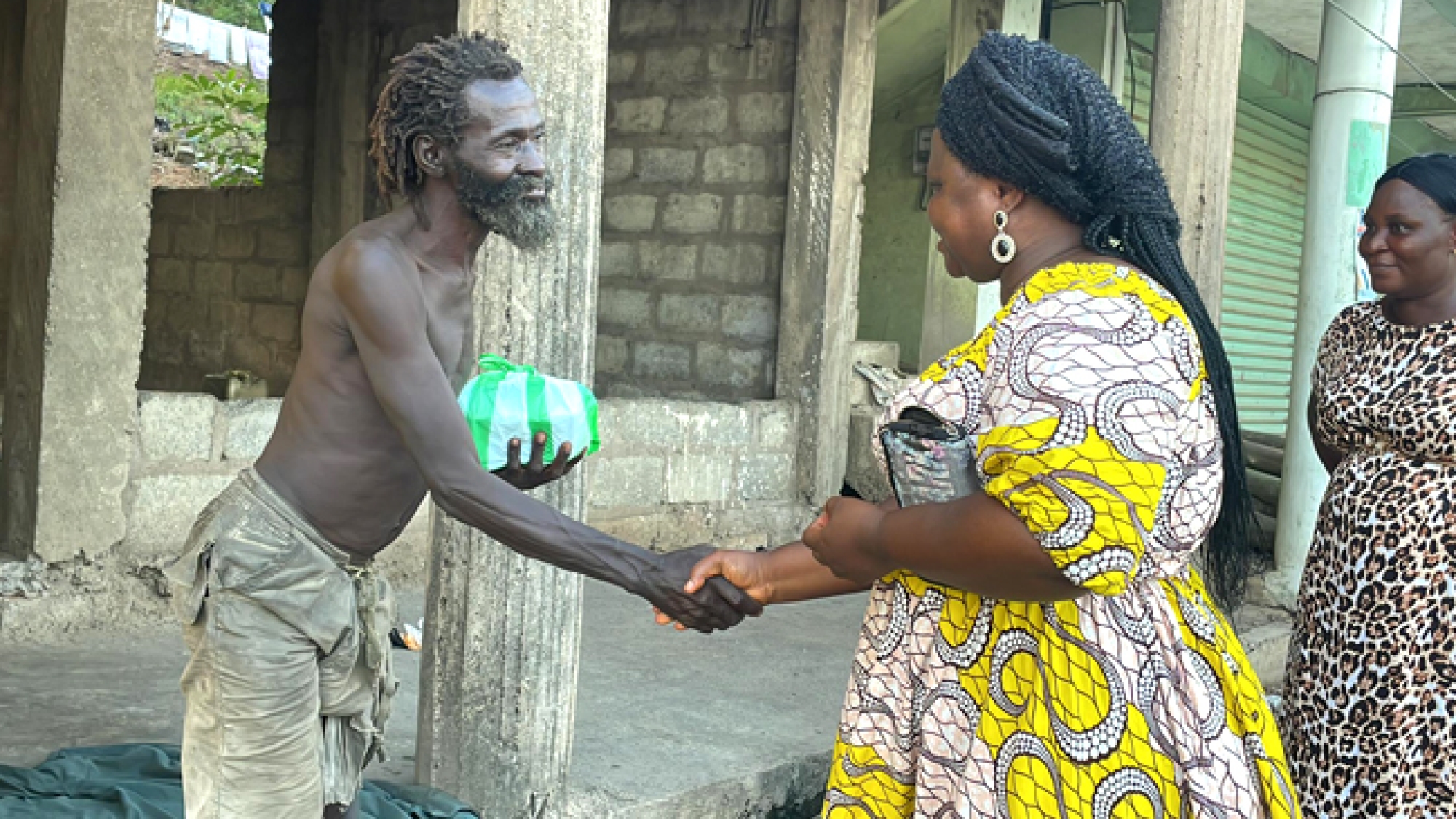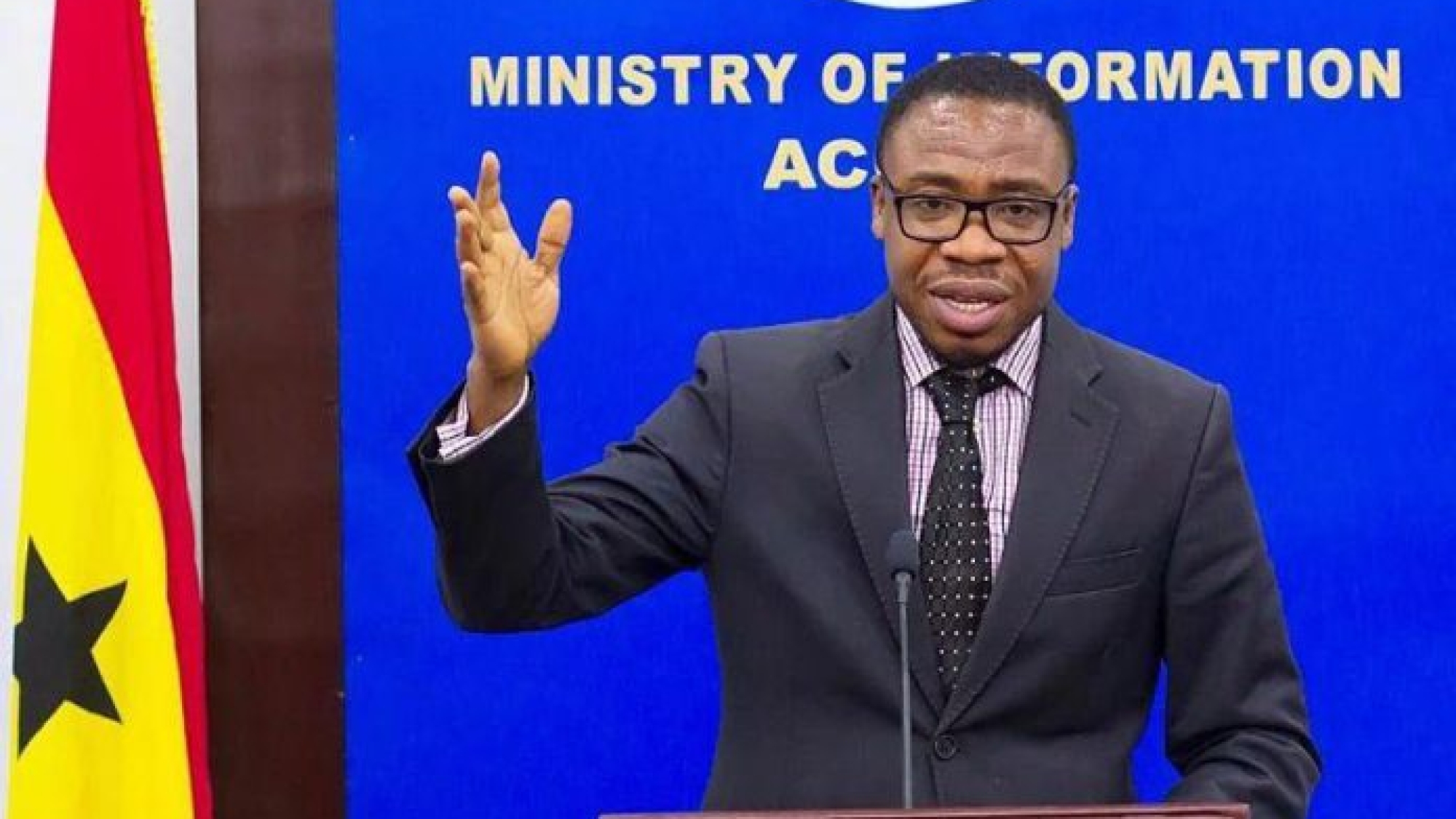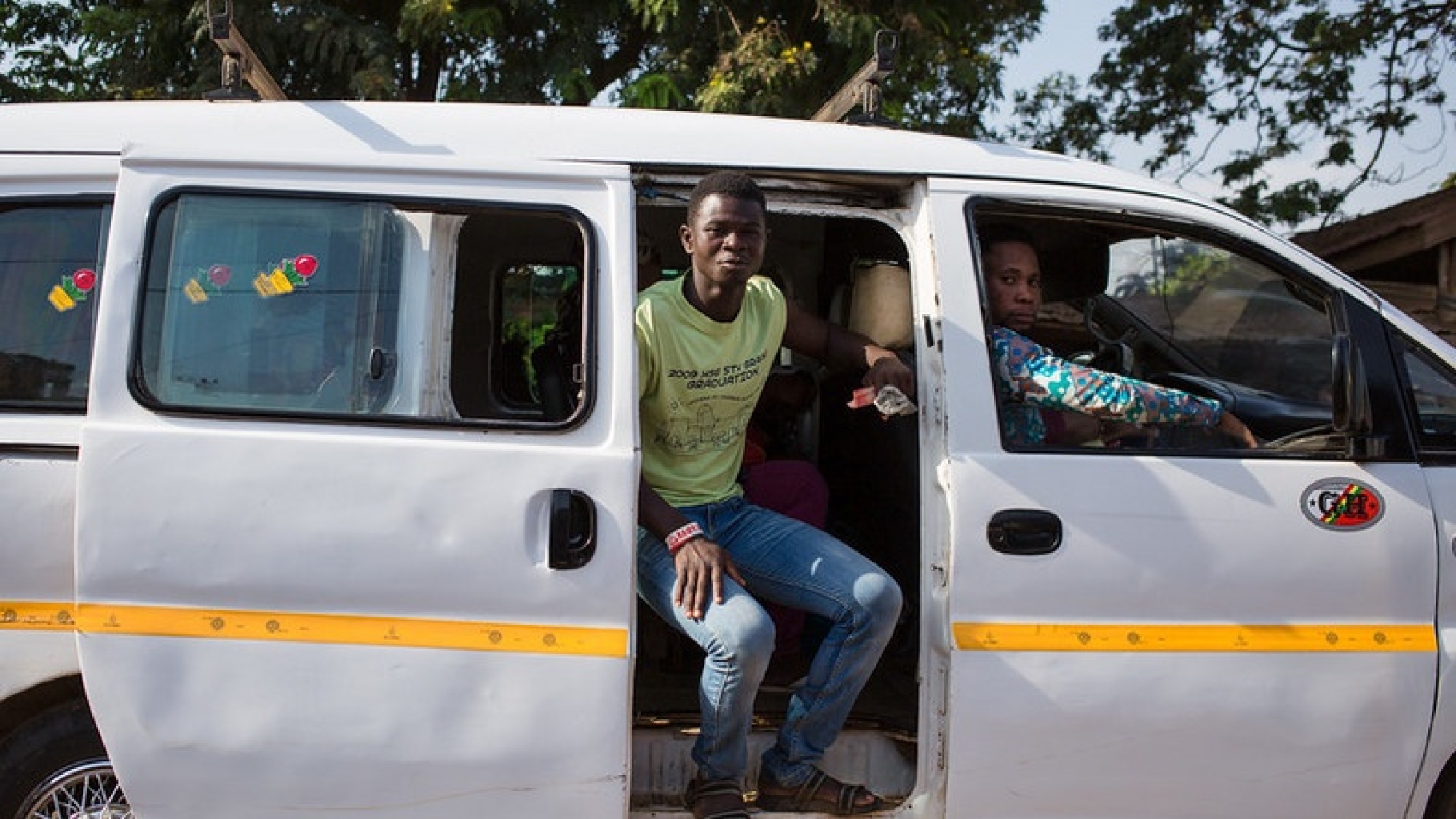The National Health Insurance Authority (NHIA) has launched a free health screening initiative under the National Health Insurance Scheme (NHIS) as part of national efforts to tackle non-communicable diseases (NCDs) and chronic conditions.
The ‘Free Annual Health Checkup’ programme will provide free health screening to all citizens.
The Chief Executive Officer of the NHIA, Dr Da-Costa Aboagye, told the Daily Graphic in Accra on Wednesday that the initiative, on the theme “Addressing Non-Communicable Diseases and Chronic Diseases in Ghana”, was the preventive aspect of health care.
He said it would offer comprehensive annual health screening for blood pressure, blood sugar, and Body Mass Index (BMI) testing, along with counselling and referrals as needed.
All NHIS subscribers and Ghana Card holders would be invited once a year to do the check-up. “The initiative provides an opportunity for all Ghanaians aged 18 and above, irrespective of NHIS enrolment, to access health care at any credentialed provider nationwide,” Dr Aboagye stated.
It is aimed at enhancing healthcare access and promoting preventive measures against non-NCDs and chronic conditions through early detection. NCDs such as hypertension, stroke, diabetes and cancers have been identified as the major cause of mortality in the country; a silent killer precipitated basically by lifestyle.
The first phase of the NHIS preventive health initiative will provide the services at designated public and private health facilities nationwide, ensuring accessibility regardless of location or socio-economic status.
At the launch of the initiative in Accra last Monday, Dr Aboagye said it was a demonstration of the government and the NHIA’s commitments to enhancing health care access and reducing disease incidence.
“Our Free Annual Health Checkup programme is designed to prevent severe health conditions, reduce healthcare costs and improve quality of life”.
“The initiative aims to increase life expectancy, reduce healthcare costs and accelerate the achievement of universal health coverage and Sustainable Development Goal Three,” Dr Aboagye said.
The NHIA boss emphasised the importance of disease prevention and using the initiative to increase NHIA membership. He said it was also in line with the global shift towards preventive health care, stressing the benefits of early detection and intervention.
Dr Aboagye acknowledged the collaborative efforts of various stakeholders, including the Ministry of Health, the Ghana Health Service, Christian Health Association of Ghana (CHAG), private health facilities, teaching hospitals, the Society of Private Medical and Dental Health Practitioners, and community leaders.
He also expressed gratitude to development partners such as the United States Agency for International Development (USAID) for their support and dedication to improving public health in the country.
“The NHIA will work with its partners to ensure they are well equipped to deliver this high-quality screening. This programme is not just about testing, but also about educating our population on healthy lifestyles and preventive measures,” he stated.
Dr Aboagye said a nationwide orientation would be carried out to encourage Ghanaians to take advantage of the Free Annual Health Checkup to safeguard their health and contribute to a healthier and more productive nation.
Delivering the keynote address on behalf of the wife of the Vice-President, Samira Bawumia, the Minister of Public Enterprises, Joseph Codjoe, highlighted the significance of the initiative as one of two biggest policies, along with the Free Senior High School policy the government introduced to improve the lives of Ghanaians.
“Ghanaians are encouraged to utilise the Free Annual Health Checkup for early detection of health issues, enabling better life planning,” the minister said.
Source: myjoyonline.com





